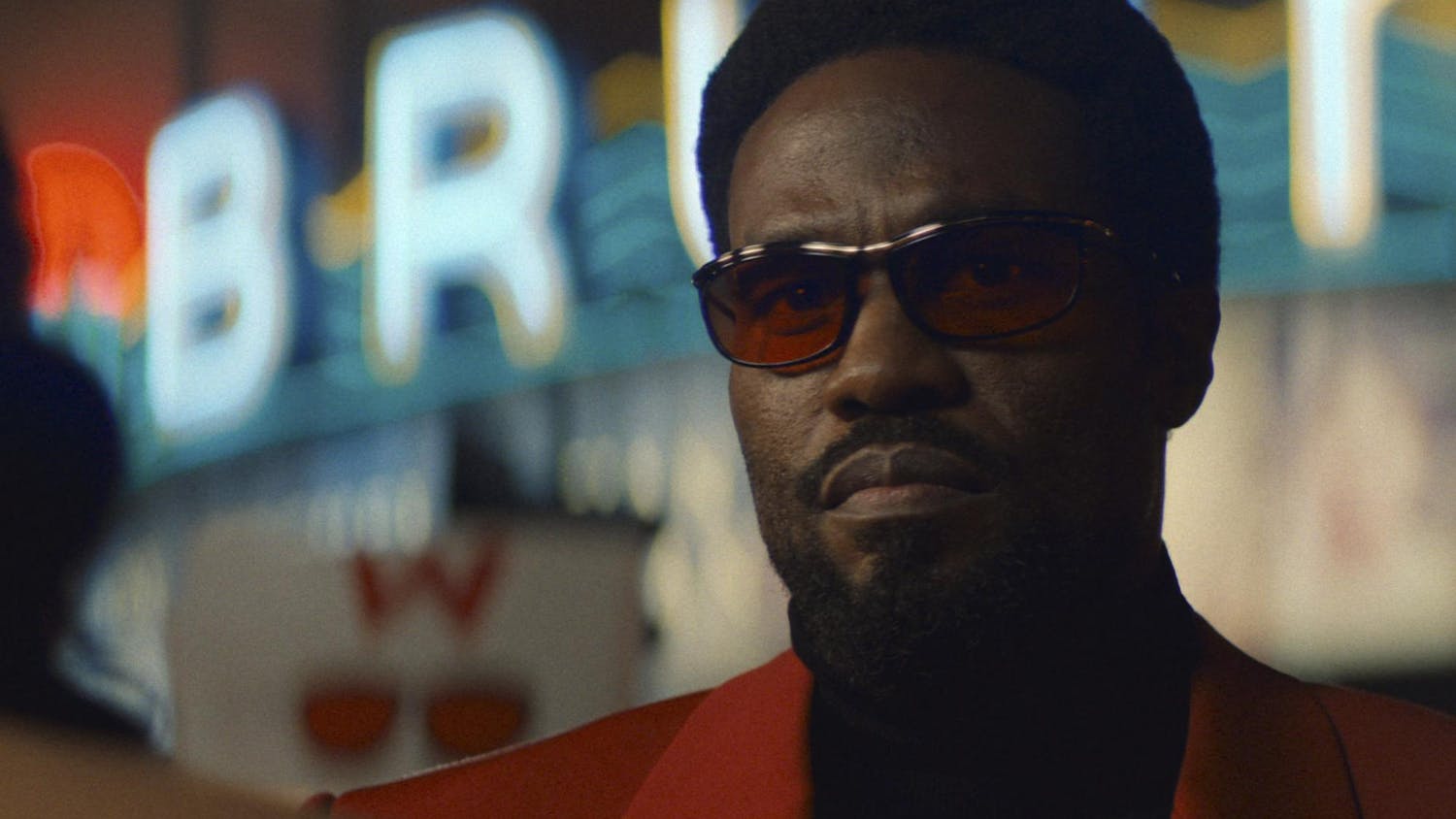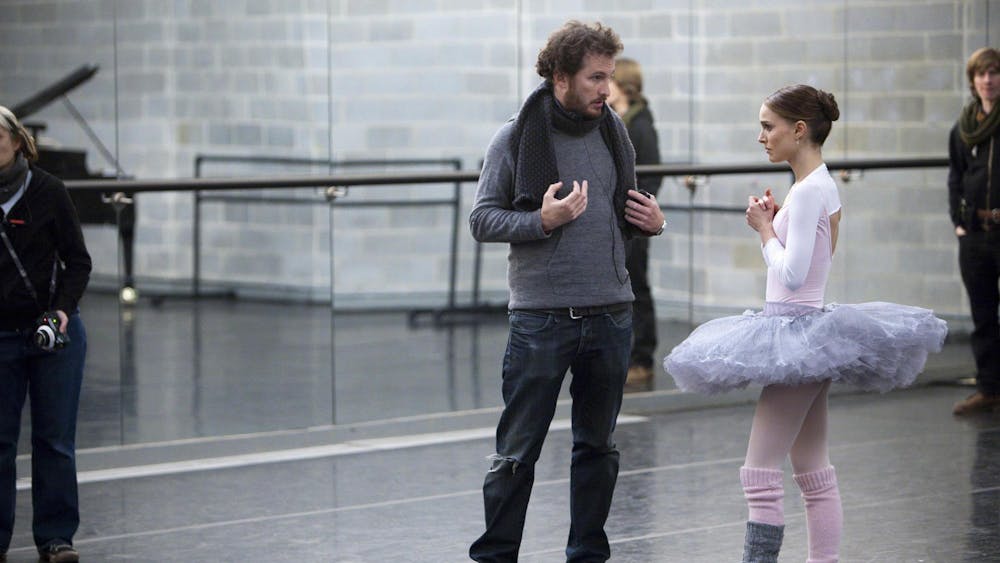Language is at the core of human existence. It's the medium through which we perceive the world around us, express our perception, establish and maintain relationships and create a community. It cultivates value and a global working economy.
Now imagine you knew more than one language to perceive, express, create, learn, teach and so on. Your perception of the world would widen, your avenues of information intake would increase; your personal enrichment would be unparalleled by your monolingual peers.
This skill will not only contribute to your personal growth, but will also leave you with neurological enhancements, helping protect your brain from dementia and Alzheimer's.
“Brain scans showed that lifelong bilinguals have stronger connections between certain brain areas compared to those who only speak one language – this appears to allow their brains to cope better with damage before they start to show outward signs of dementia,” said Dr. Clare Walton, research manager at Alzheimer’s Society.
Research shows that knowing more than one language has beneficial effects on memory. Being multilingual not only increases memory retention but also stymies memory loss in adults. This means you can cram more for an exam than your monolingual peer, and retain it for a longer period of time.
Being multilingual also makes you adept at prioritizing and multitasking. Think of language processing as exercising mental muscles in the brain, where a particular language trains a particular set of muscles. Switching between different languages will mean switching the muscles. You have to be constantly aware of the environment to know when to switch. This incessant mental exercise makes you better at multitasking, complex problem-solving and decision-making.
In the past, it had been challenging to master a new language unless you grew up in a country with other native speakers. It had been a popular opinion for so long that it is easier to learn a language as a kid than as an adult, but the digital revolution changed all of that.
With the advent of interactive learning applications – such as Duolingo, Rosetta Stone, Babbel and more – one can learn a language just as a kid does; perceiving objects, actions and places as a combination of visuals and audios. I have learned more French in a month on Duolingo than I did in two years back in high school.
There are a few easy steps to mastering a language. The first step would be downloading a phone app and choosing a language. The second step would be to find a native speaker with whom you can converse and practice your skills while working on details like pronunciation and accents. And finally, start watching movies or TV shows that has either foreign audio with native subtitles or native audio with foreign subtitles. You can maybe start with short videos at first, but the key here is to start to label the world around you and start thinking in the foreign language.
Being multilingual can also have profound social impacts on your life, not the least of which is making you eligible for more job opportunities. Knowing another language gives you access to a plethora of cultural, social, environmental and spiritual knowledge recorded in the language. Knowing another language opens up a whole new world where you can establish relationships with people you otherwise would never meet. Being multilingual allows you to experience the world like you never have before.





